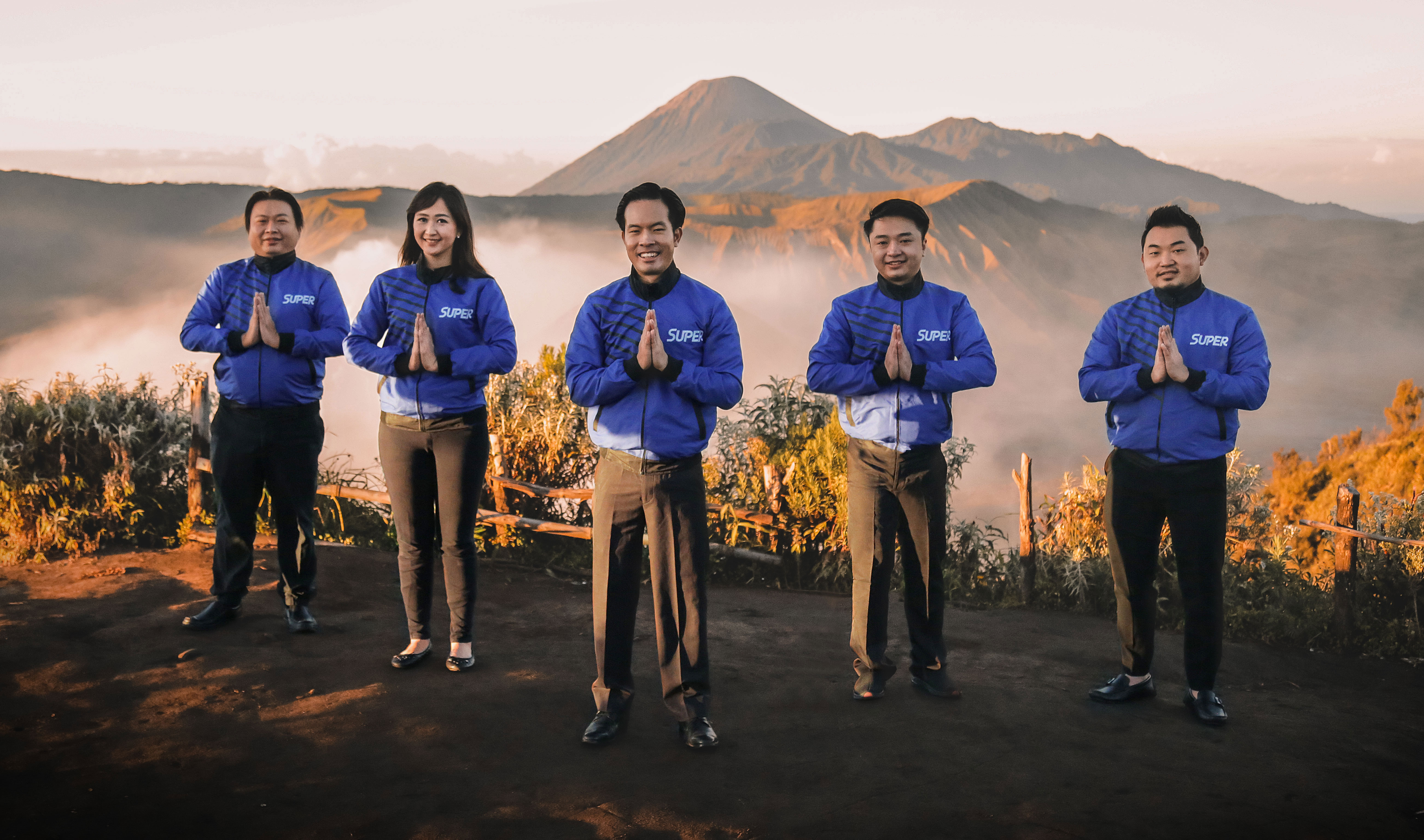In Indonesia, daily necessities often cost more in smaller cities and rural areas. Super co-founder and chief executive officer Steven Wongsoredjo said the price difference can vary from about 10% to 20% in Tier 2 and Tier 3 cities, to nearly 200% in eastern provinces. Super uses social commerce and a streamlined logistics chain to lower the cost of goods. The startup announced today it has raised an oversubscribed $28 million Series B led by SoftBank Ventures Asia.
Other participants included returning backers Amasia, Insignia Ventures Partners, Y-Combinator Continuity Fund and Bain Capital co-chairman Stephen Pagliuca, while partners from DST Global and TNB Aura invested for the first time in this round.
The funding brings Super’s total raised so far to more than $36 million, which the company says is the most funding an Indonesian social commerce startup has raised so far.
Super, which took part in Y Combinator’s winter 2018 batch, focuses mainly on cities or towns with a gross domestic product per capita of $5,000 USD or lower. It currently operates in 17 cities in East Java, and has a network of thousands of agents, or resellers, and hundreds of thousands of end buyers. The company will use its new funding to double its presence in the region and launch in other Indonesian provinces this year. It will also expand its product categories beyond fast-moving consumer goods (FMCG) and develop its recently-launched white label brand, SuperEats.
Wongsoredjo told TechCrunch that Super’s ultimate goal is to “build the Walmart Group of Indonesia without having a retail store and utilizing the social commerce aspect to build a sustainable model,” similar to the way Pinduoduo became one of China’s biggest e-commerce companies by focusing on smaller cities.
Prices for consumer goods are higher in small cities and rural areas because of two reasons, Wongsoredjo said. The first is that orders from smaller cities cost more to fulfill, with supply chain costs adding up, than larger orders, and the second is infrastructure that makes it harder for manufacturers and FMCG brands to truck goods into rural areas, so supply does not meet demand.
Super operates a central warehouse, along with smaller hubs closer to buyers. Most of Super’s products are supplied by regional FMCG brands, and group orders are delivered to agents, who in turn perform last-mile deliveries to their buyers. This keeps prices down by making its supply chain more efficient and enabling it to fulfill orders within 24 hours without relying on third-party logistics providers.
Other social commerce companies in Indonesia include KitaBeli, ChiliBeli and Woobiz. Wongsoredjo said Super had a headstart to serve smaller cities and rural areas because it does not focus on Jabodetabek, or the greater Jakarta region. Its headquarters and core operations teams are also all outside of major cities.
“We believe that by not having Jabodetabek’s presence in our DNA, we can build unique social commerce products with the hyperlocal touch to serve rural communities much better,” Wongsoredjo added. “We want to go after the rest of 90% of the market that is still under-penetrated.”
In statement, SoftBank Ventures Asia partner Cindy Jin said, “We have been impressed by the Super team’s deep knowledge and commitment to Indonesia’s underserved regions, and believe that a truly local team like theirs will be well equipped to navigate and build out a platform in this hyperlocal market.”

Comments
Post a Comment